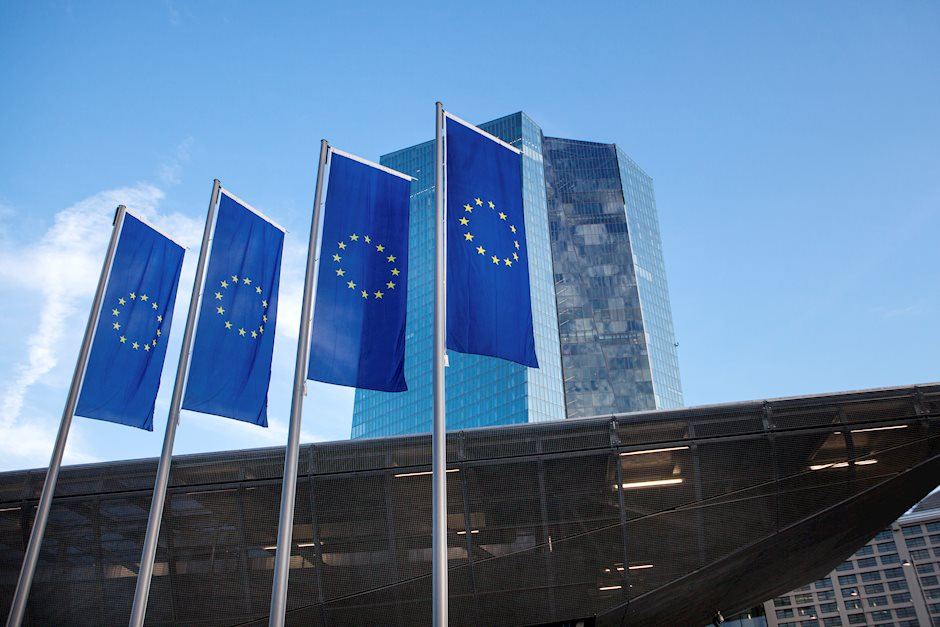The dovish ECB might help the koruna

Since the end of the interventions, the Czech koruna has begun to strengthen and it seems that the long koruna players are patient enough and have not closed their long positions so far.
Furthermore despite the fact that the koruna is overbought, new speculative capital might arrive in the near term and push the koruna to slightly stronger levels. However, the patience of speculators may not be unlimited. In our opinion, it primarily depends on the continuation of QE in the euro zone and low risk aversion on global markets - the implied and realized volatility in a number of markets is extremely low. If the global scene changes the koruna could quickly feel it.
The CNB may decide to postpone the first interest rate hike and that could put cap on the koruna gains as well. At this point, we are still counting on the first interest rate hike only coming in 2018...
On the other hand the domestic political scene, which, although filling the front pages of the newspapers, probably hasn't a real chance of hurting the koruna.
Long koruna positions remain in place...
The long Czech koruna positions, even after the end of interventions, remain high. The following graph shows that cumulatively during the interventions around 60 billion euros flew into the Czech financial system in the form of "bets" on the stronger koruna – this is much larger than both the current account surplus (around 3 billion euros) as well as trade balance surplus (around 13 billion euros).
During April, foreign investors "only" rearranged their positions –they lowered their positions in Czech bonds and at the same time increased their exposure in the depository koruna products (other investments - see the chart below). We do not have the data for May and June yet, but judging by persisting negative basis swaps and the spot market development, probably not many players have closed their long koruna positions neither. So far, speculators have had a relatively high degree of patience waiting for their profits. Why is this and will it last into the future?
Will speculators keep their patience?
We believe that the patience of the koruna speculators is largely due to the low risk aversion on the global markets. Volatility in a number of key global markets is low and fear indices (such as the VIX) are close to multi-year lows.
Together with this, the koruna and many other Central European currencies are being helped by the European Central Bank´s policy. In spite of accelerating growth, it is still not satisfied by the inflation development and gives the clear signal that no early QE termination and rate hikes are likely. As a result, since early April, virtually all Central European currencies have benefited from the ECB's policy more than other "emerging markets" currencies.
The patience of speculators waiting for the koruna profits may be noticeably lower at a time when global tensions are on the rise and when the ECB is giving a clear signal that it is going to end QE. However, we are not counting on this from the ECB before the September session. This is why, in the next few months, the koruna can theoretically extend its profits despite being already very much overbought.
At the same time, we do not expect the koruna to be negatively affected by the Czech parliamentary elections - if the center-right coalition gains power the markets will probably perceive this as positive despite a certain "democratic deficit" and the populism of some parties.
More critical from the crown point of view, we see as the end of 2017 - the period when the ECB turnover will actually be in play. At this point more significant outflow of foreign capital could weigh on the koruna.
The crown to strengthen in the long term.
Despite the possibility of temporary losses and higher volatility when the ECB is at the helm, the koruna should not suffer long-term scars. Looking at the development of the long-term fundamentals behind the Czech koruna (relative growth, relative inflation, external equilibrium), it is clear that they have improved significantly since the start of the interventions. According to our estimates, the Czech economy would, on the basis of long-term fundamentals, theoretically be able to withstand koruna up to 10% stronger from the intervention levels. Nevertheless the uncertainty associated with the estimation of the koruna's fundamental exchange rate is high and already mentioned significant overboughtness of the koruna should limit any more significant gains. Therefore we expect conservatively over the next few years the koruna to gain up to 5% y / y.
The gains of the koruna should be also capped by rather slow rise of domestic interest rates. The current CNB forecast predicts that rates will rise in the third quarter. But we are more cautious, and we expect the first rate rise next year at the time QE tapering is already on the table in the Eurozone.
Author

KBC Market Research Desk
KBC Bank

















